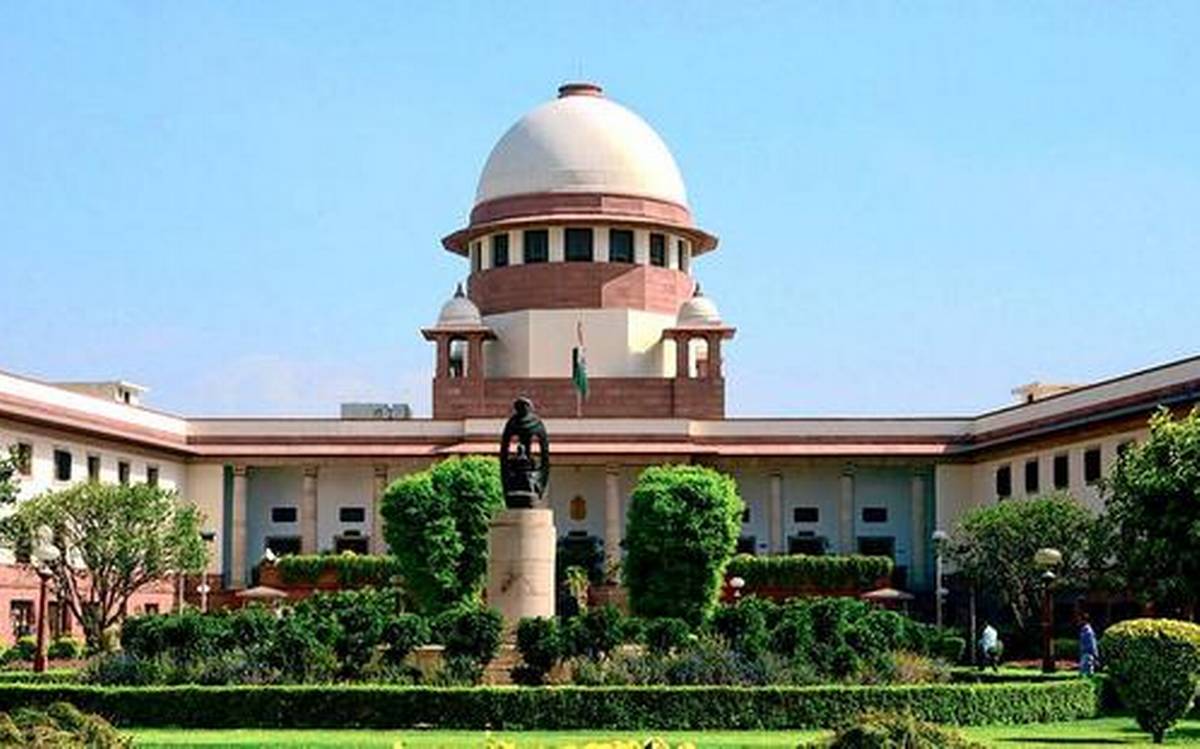


The Supreme Court has agreed to examine the contempt petition filed against Telangana Police for allowing access to crucial statements recorded under Section 164 CrPC to the rape accused despite the charge sheet not being filed in the matter. A bench of Chief Justice of India UU Lalit and S Ravindra Bhat on August 29 issued notice to Telangana state and listed the matter for September 26.
The petitioners’ advocates, Tanya Agarwal and Shashank Singh, submitted that the law laid down by the top court was not followed in the present matter and the statement of the victim recorded by the concerned magistrate under Section 164 of the Code of Criminal Procedure (CrPC) was extensively relied upon by the accused in various proceedings. The learned advocate, Tanya Agarwal, has said that the investigating agency allowed access to the such statement recorded under Section 164 of the Code, showing complete defiance in following the law laid down by this Court.
This contempt petition has been filed on behalf of the mother of two young children who have been victims of sexual abuse by their own father and his friends. The plea has been filed by Tanya Agarwal and Shashank Singh through an advocate on record, Anil Kumar, who sought to initiate contempt proceedings against Telangana Police and the accused persons. According to the petitioner, the Supreme Court issued guidelines regarding the crucial 164 CrPC statement, directing that the contents of such a statement under Section 164 CrPC should not be disclosed to any person until the charge sheet/report under Section 173 CrPC is filed.
“The investigation in all of the above FIRs is pending, and the charge sheet has not yet been filed, and thus, there arises no occasion or opportunity for the Respondent No. 4 and 5 (accused persons) According to the petitioner, this matter should be looked into, inquired about, and investigated, and the suspects should be prosecuted and punished in accordance with the law. Tanya Agarwal, arguing counsel for the petitioner, said that the 164 CrPC statement is the most crucial piece of evidence given by the victim in sexual crimes and has evidentiary value, and the fact that the accused persons got access to it while the investigation is still pending is a matter of serious concern and it creates doubt in the investigation as well.
The petitioner advocate has cited the directions passed by the Supreme Court in the “State of Karnataka V. Shivanna matter” where the court has held that the 164 CrPC statement of the victim is supreme and cannot be compromised in any manner. Besides it, the petitioner’s lawyer also referred to the top court order whereby the apex court has set aside an order from the Allahabad High Court which granted permission to the accused to get access to 164 CrPC statement.